On this page, you can expect to find a comprehensive wine tasting vocabulary list. You will have access to games, flashcards, and other resources related to this subject. Dive into the world of wine tasting terminology and enhance your knowledge in this area.
Wine tasting is a sensory experience that allows individuals to explore different varieties of wines, evaluating their appearance, aroma, taste, and finish. It is a popular activity for wine enthusiasts looking to expand their palate and knowledge of different grape varieties and regions. During a wine tasting, participants typically sample small amounts of various wines while learning about the production process, pairing suggestions, and proper tasting techniques. Whether attending a guided tasting at a vineyard or hosting a tasting event at home, wine tasting is a fun and educational way to appreciate the complexities and nuances of this beloved beverage.
Practice & Reinforce Your Learning
Wine Tasting Vocabulary List
Aroma and bouquet

- The bouquet of the red wine was rich with aromas of dark berries and oak.
- She received a beautiful bouquet of flowers from her admirer.
- The bouquet of the white wine had hints of citrus and tropical fruits.
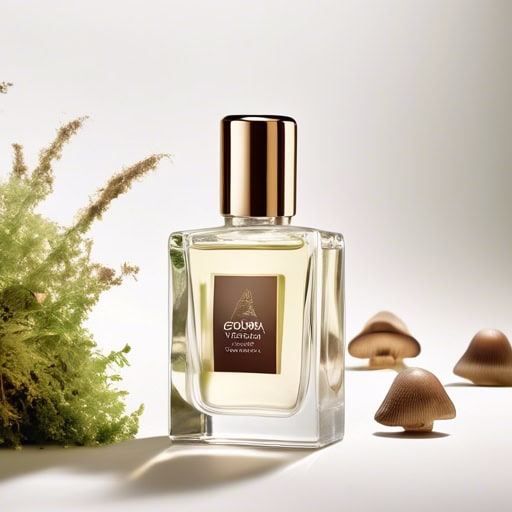
- The Chardonnay had an earthy aroma, with notes of wet stone and forest floor.
- The Pinot Noir displayed an earthy flavor profile, reminiscent of freshly turned soil and wild mushrooms.
- The Merlot had a smooth texture and an earthy finish, with hints of cedar and tobacco.

- The wine had a beautiful floral scent with hints of rose and jasmine.
- I could detect a subtle floral note in the white wine, reminiscent of wildflowers.
- The red wine had a strong floral aroma, like a bouquet of fresh violets.
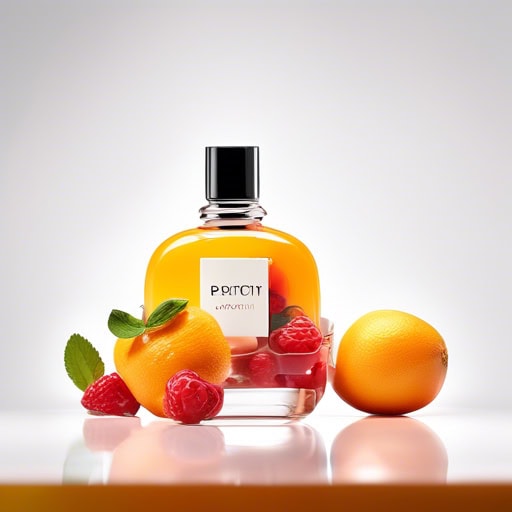
- The Chardonnay had a fruity aroma of pineapple and pear.
- I prefer red wines with a fruity profile, like a juicy Pinot Noir.
- The rosé was light and refreshing, with a fruity finish of strawberries and watermelon.
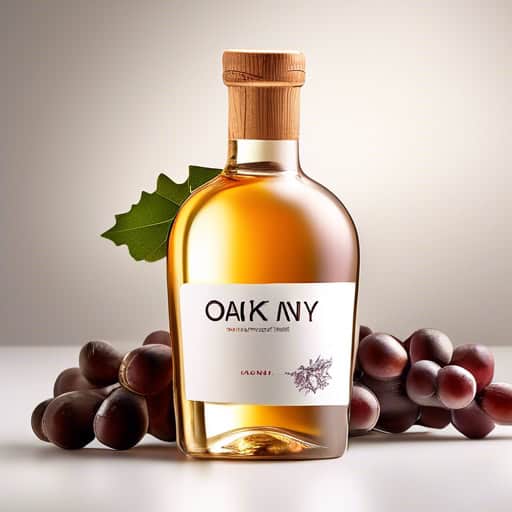
- The chardonnay had a rich, oaky flavor with hints of vanilla and caramel.
- The red blend was smooth and full-bodied, with a subtle oaky finish.
- I could detect the oaky notes of the cabernet sauvignon as soon as I took a sip.
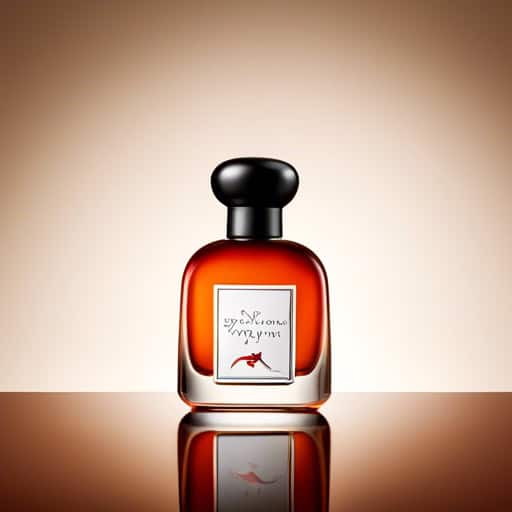
- The red wine had a spicy finish with hints of black pepper and anise.
- I prefer a spicy white wine with notes of ginger and nutmeg.
- The rosé had a surprisingly spicy kick with flavors of cinnamon and cardamom.

- The aroma of the red wine was rich and complex, with notes of dark berries and oak.
- As I swirled the glass, the aroma became more pronounced, filling the room with its enticing fragrance.
- The delicate aroma of the white wine hinted at flavors of tropical fruits and citrus.
Flavor profile
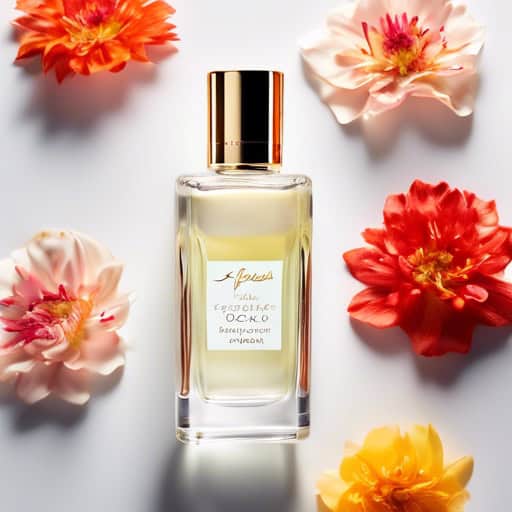
- The wine had a beautifully delicate floral aroma with notes of honeysuckle and violet.
- I could taste hints of floral undertones in the wine, giving it a refreshing and elegant finish.
- The floral characteristics of the wine paired perfectly with the light and fruity notes, creating a harmonious balance on the palate.
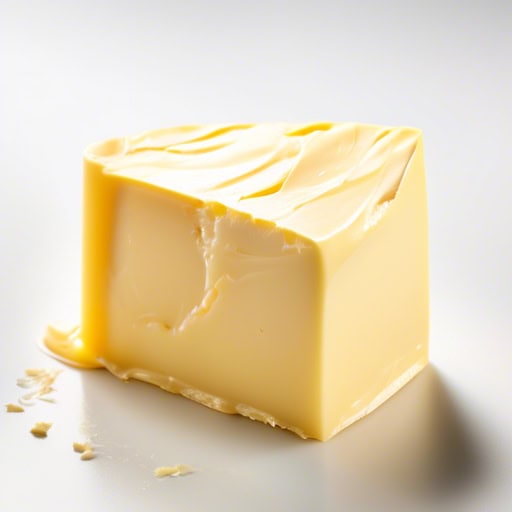
- The Chardonnay had a smooth, buttery finish that lingered on the palate.
- I could taste hints of vanilla and caramel in the wine, adding to its buttery quality.
- The oak aging process gave the wine a luxurious, buttery mouthfeel that made it a perfect pairing for creamy dishes.
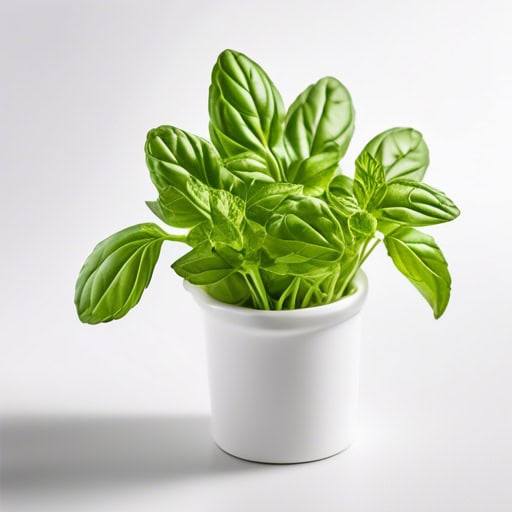
- The Sauvignon Blanc had a vibrant herbaceous aroma with hints of fresh-cut grass and green bell pepper.
- I could taste the herbaceous notes of thyme and sage in the Chardonnay, giving it a crisp and refreshing finish.
- The Pinot Noir had a subtle herbaceous undertone, adding complexity to its fruity profile.
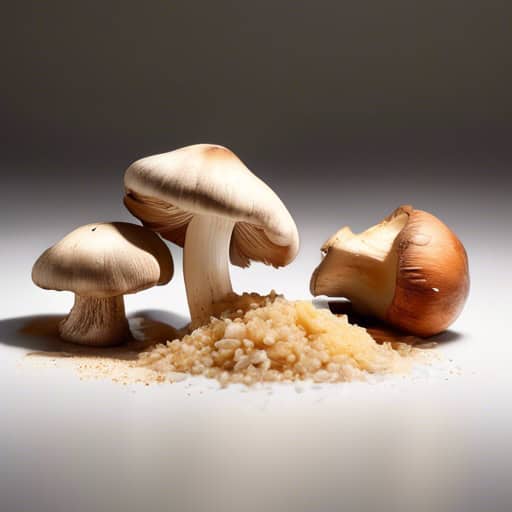
- The red wine had an earthy undertone, with hints of damp soil and mushrooms.
- The Chardonnay had a distinct earthy aroma, reminiscent of a walk through the forest.
- The Pinot Noir had a smooth, earthy finish that lingered on the palate.
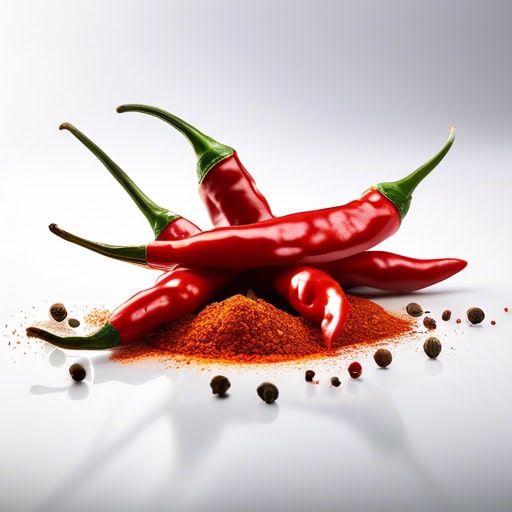
- The red wine had a spicy finish with notes of black pepper and cloves.
- I prefer a spicy Sauvignon Blanc with hints of jalapeño and ginger.
- The spicy undertones in the Merlot added a bold kick to the overall flavor profile.
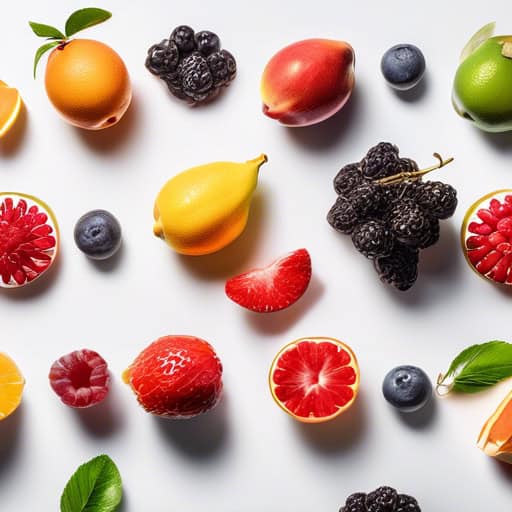
- The Chardonnay had a fruity aroma of ripe peaches and apricots.
- I prefer red wines that are more bold and tannic, rather than light and fruity.
- The Sauvignon Blanc had a refreshing, fruity taste with hints of tropical fruits like pineapple and passionfruit.
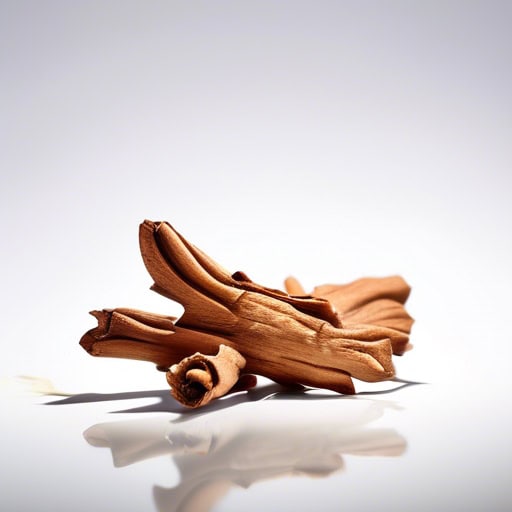
- The chardonnay had a rich, oaky flavor with hints of vanilla and caramel.
- I could detect a subtle oaky aroma in the cabernet sauvignon as I swirled the glass.
- The merlot had a smooth, oaky finish that lingered on the palate.
Structure and body
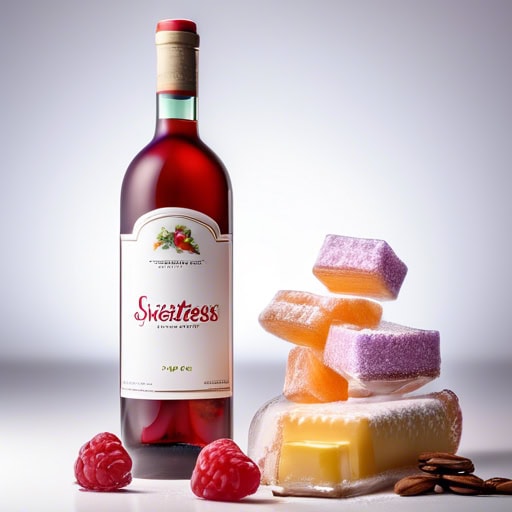
- The sweetness level of this dessert wine is off the charts, making it perfect for those with a sweet tooth.
- I prefer wines with a lower sweetness level, as I find them more balanced and easy to drink.
- When choosing a wine, consider the sweetness level to ensure it pairs well with your meal.

- The red wine had a velvety mouthfeel, with a smooth texture that lingered on the palate.
- The white wine had a crisp mouthfeel, with a refreshing acidity that balanced out its sweetness.
- The rosé had a light and airy mouthfeel, with a delicate texture that made it perfect for sipping on a hot summer day.
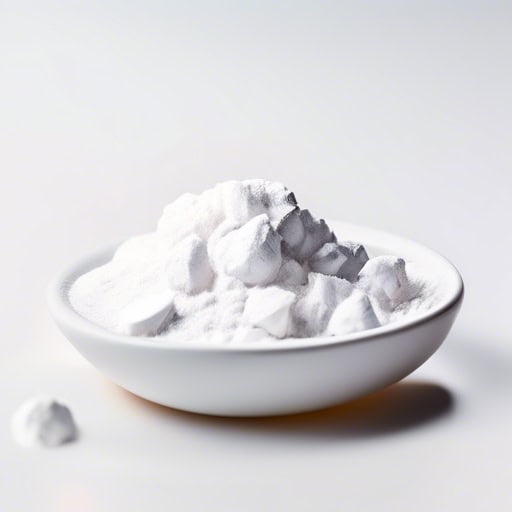
- The acidity in this white wine is balanced perfectly with fruity notes, creating a refreshing and crisp finish.
- I prefer wines with higher levels of acidity, as they tend to be more vibrant and food-friendly.
- The acidity of this red wine is quite pronounced, giving it a bright and lively character on the palate.
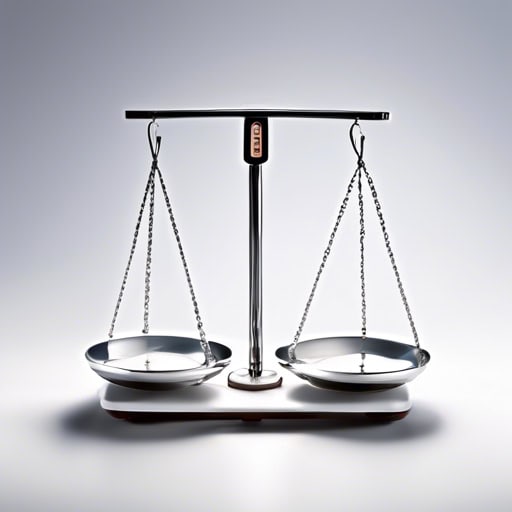
- The wine had a perfect balance of acidity and sweetness, making it smooth and enjoyable to drink.
- The tannins in the red wine were well-balanced, adding structure without being overpowering.
- A good balance of alcohol in the wine allowed the flavors to shine without being too boozy.

- Herbal notes and a hint of oak complement the full body of this red wine.
- The light-bodied white wine had crisp acidity and a refreshing finish.
- The medium-bodied rosé displayed flavors of strawberries and a smooth texture.

- The complexity of this vintage wine is truly impressive, with notes of black cherry, cocoa, and a hint of tobacco.
- As the wine aged, it developed a beautiful complexity that unfolded with each sip, revealing nuances of dried herbs and leather.
- The winemaker's skill is apparent in the complexity of this blend, balancing fruitiness with earthy undertones and a long, smooth finish.
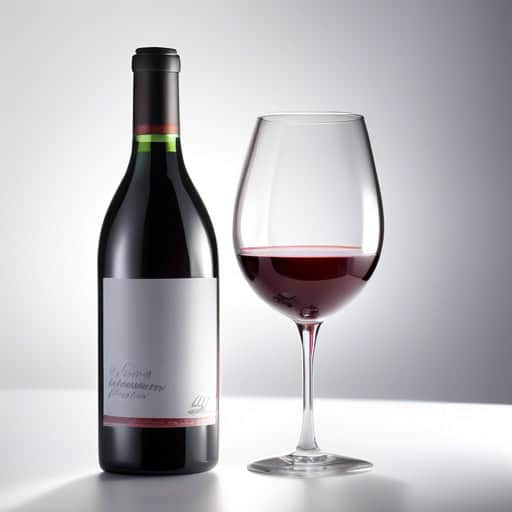
- The structure of this red wine is well-balanced, with a good acidity and smooth tannins.
- I can taste the complex structure of this aged white wine, with its high alcohol content and lingering sweetness.
- The structure of this rosé is lacking, as it lacks acidity and has too much sweetness.
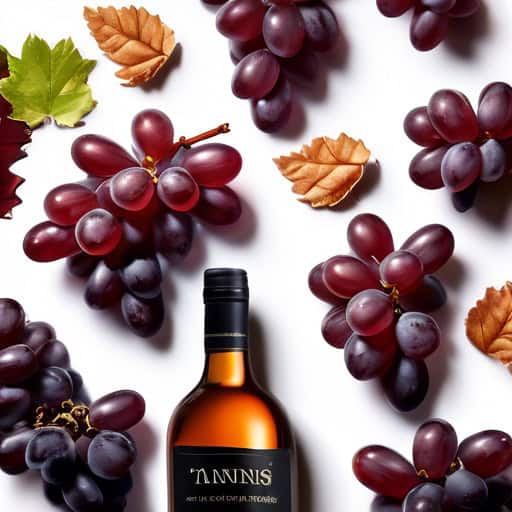
- The red wine had strong tannins that left a dry sensation in my mouth.
- Tannins are responsible for the puckering feeling you get when you drink a bold red wine.
- Certain foods, like walnuts and dark chocolate, can enhance the perception of tannins in wine.
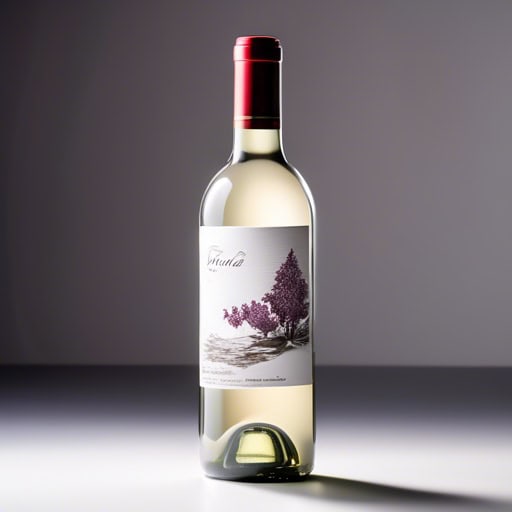
- The wine had a velvety texture that coated the palate with rich, smooth flavors.
- I enjoyed the wine's complex texture, which included both a creamy mouthfeel and a slight tannic grip.
- The wine's texture was surprisingly thin and watery, lacking the depth and viscosity I expected.
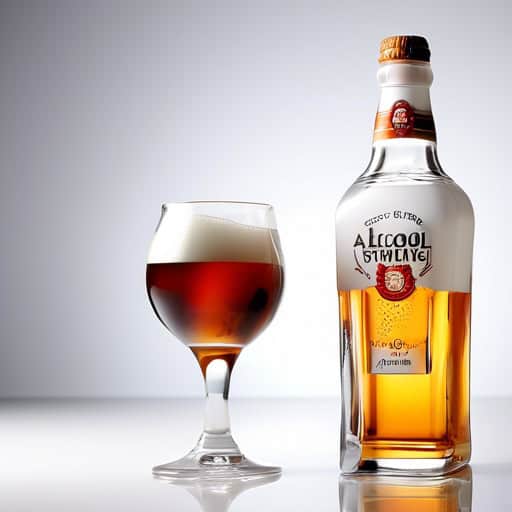
- The alcohol content of this red wine is 14%, giving it a rich and full-bodied taste.
- When selecting a bottle of wine, pay attention to the alcohol content to ensure it matches your preferences.
- The alcohol content of a cocktail can greatly affect how quickly you feel its effects, so drink responsibly.
Finish

- The length of the finish on this wine is impressive, with notes of black cherry lingering on the palate.
- I found the length of the aftertaste to be somewhat lacking in this particular bottle.
- The length of the tannins in this red wine is balanced and smooth, making for a very enjoyable experience.

- The wine's complexity was evident with its rich flavors of dark berries, hints of oak, and velvety finish.
- As I continued to sip, I discovered new layers of complexity, such as subtle notes of tobacco and a touch of earthiness.
- The complexity of this wine made it a delight to savor, as each sip revealed a new dimension of flavor.

- The wine had a perfect balance of acidity and sweetness, making it incredibly enjoyable to drink.
- The red blend had a nice balance of tannins and fruit flavors, creating a smooth and rounded palate.
- The Chardonnay had a beautiful balance of oak and fruit, resulting in a complex and well-rounded wine.
Aging and maturation
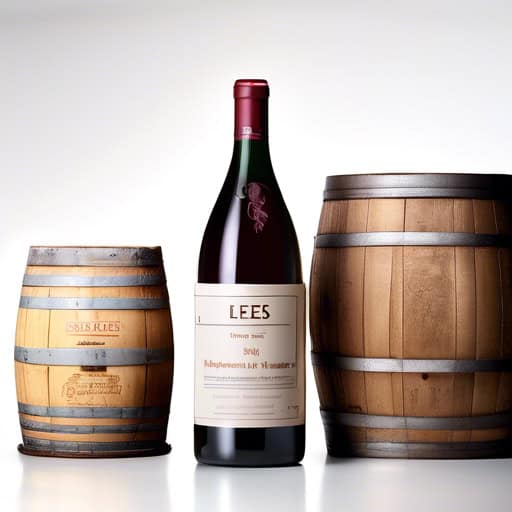
- The winemaker decided to leave the wine on the lees for an extended period to enhance its complexity and mouthfeel.
- After aging on the lees for several months, the wine developed rich toasty notes and a creamy texture.
- The lees were carefully stirred in the barrel to promote malolactic fermentation and add depth to the wine.
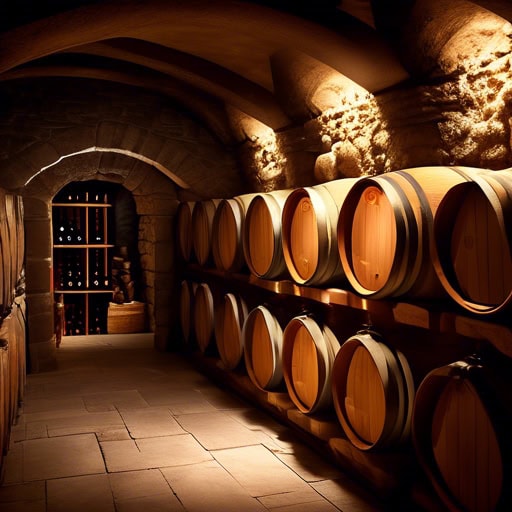
- The wine connoisseur proudly displayed his collection of rare vintages in his cellar.
- After a long day of work, she retreated to the cool tranquility of her cellar to relax.
- The musty smell of the old books in the cellar reminded him of his childhood adventures.
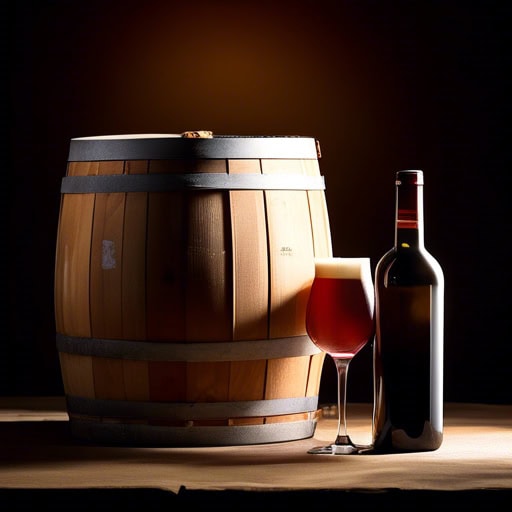
- The winery allowed the wine to undergo secondary fermentation in stainless steel tanks for an additional two months.
- During secondary fermentation, the wine developed complex aromas of ripe fruit and subtle oak.
- After completing primary fermentation, the winemaker transferred the wine to barrels for secondary fermentation to enhance its structure and depth.
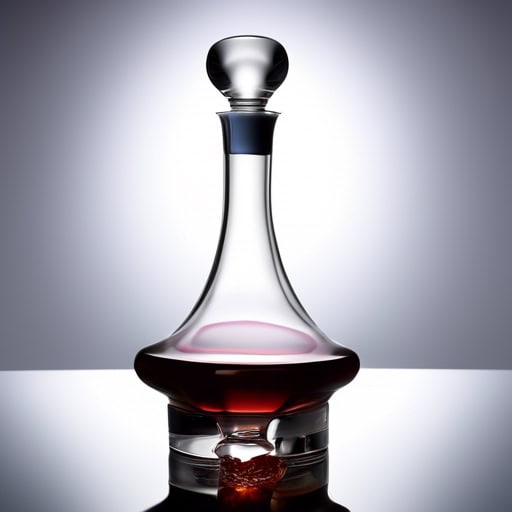
- After opening a bottle of red wine, it is recommended to let it breathe by decanting it for at least 30 minutes.
- Decanting can also help to enhance the flavors and aromas of the wine, making it more enjoyable to drink.
- Some people prefer to decant their wines directly into a decanter, while others use a simple glass pitcher for the process.
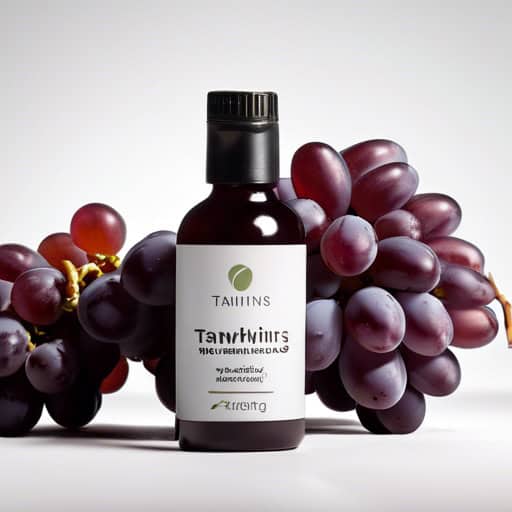
- The red wine tasted bold and rich due to its high tannin content from the grape skins.
- The sommelier explained that the tannins in the Cabernet Sauvignon would mellow out with age, creating a smoother finish.
- I prefer wines with lower tannins, as I find the astringency to be too overpowering for my palate.
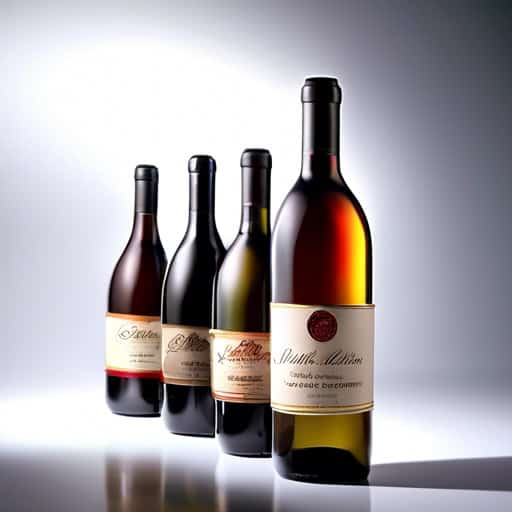
- The wine has been bottle aging for five years, resulting in a smooth and balanced taste.
- Many collectors believe that certain wines benefit greatly from extended bottle aging.
- Some winemakers choose to release their wines after extensive bottle aging to showcase their full potential.
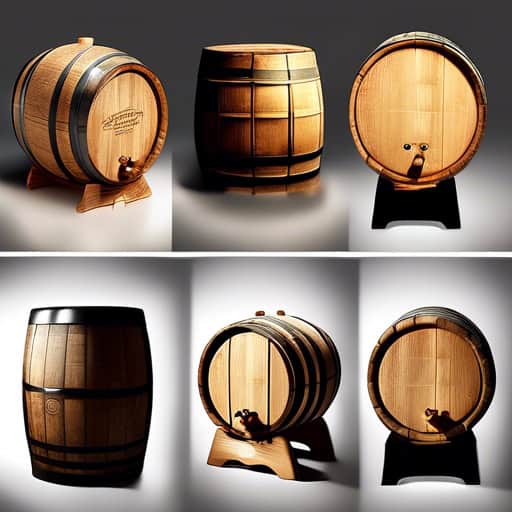
- The winemaker carefully selected oak barrels to age the red wine, enhancing its complexity and depth of flavor.
- After months of aging in the barrel, the white wine developed a smooth and creamy texture with hints of vanilla and spice.
- The distillery stored their whiskey in charred oak barrels, allowing the spirit to mellow and develop rich caramel notes.

- The oak barrels used for aging this wine imparted a rich vanilla flavor to the final product.
- The wine has subtle notes of oak, giving it a hint of spice and toast.
- The oak wood used in the barrels adds depth and complexity to the wine's flavor profile.
Faults and flaws
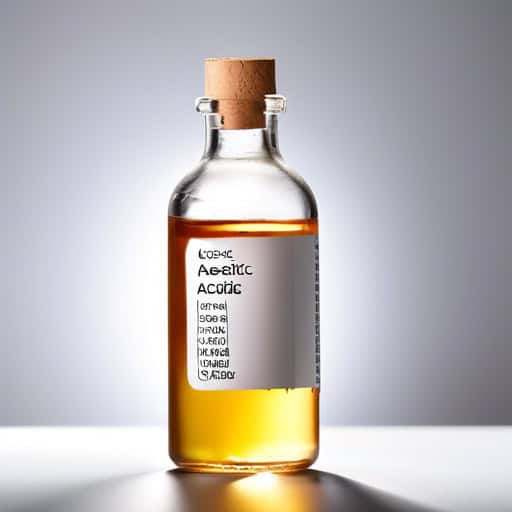
- The strong smell of acetic acid in the wine indicated that it had gone bad.
- The acetic acid content in the vinegar was too high, making it unpleasantly sour.
- The winemaker was careful to monitor the levels of acetic acid in the fermentation process to avoid spoilage.
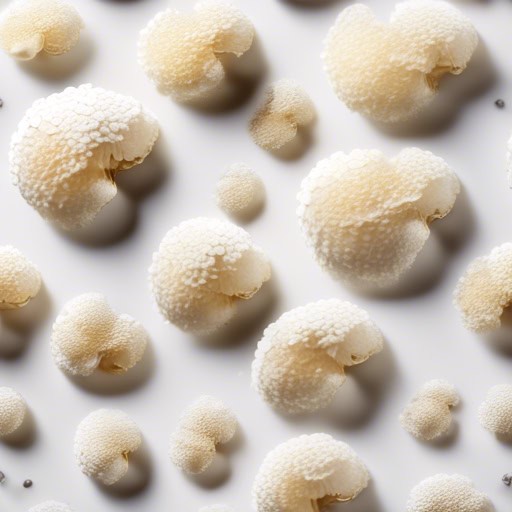
- The winemaker was disappointed to discover that his wine had been contaminated with Brettanomyces, resulting in off-putting aromas of wet hay and horse blanket.
- The presence of Brettanomyces in the barrel caused a noticeable bandaid note in the wine, which was deemed undrinkable by the sommelier.
- The wine had a distinct barnyard funk due to the Brettanomyces infection, leaving a sour aftertaste on the palate.
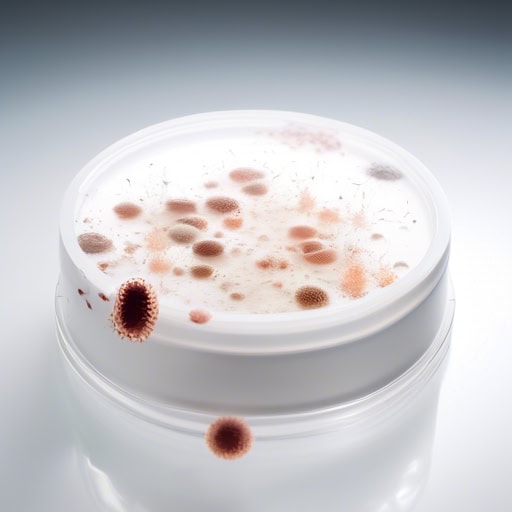
- The winery had to shut down production temporarily due to microbial contamination in their fermentation tanks.
- Microbial contamination can be prevented by maintaining strict hygiene practices in the winemaking process.
- The lab results confirmed the presence of bacterial strains that were causing microbial contamination in the wine samples.
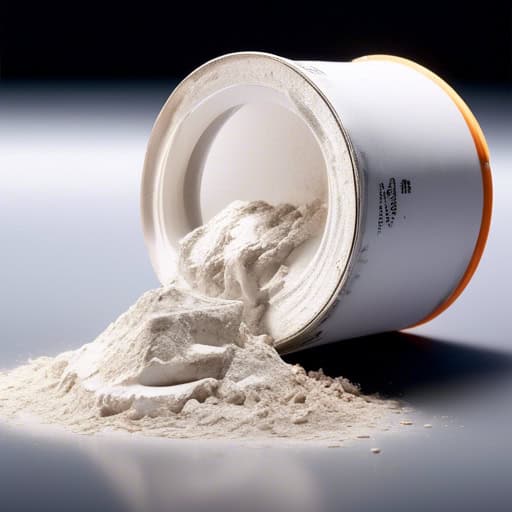
- The oxidation process in wine can be accelerated by improper storage conditions, such as exposure to heat or light.
- During oxidation, the wine's color may change from vibrant red to a brownish hue, signaling that the wine is past its prime.
- Winemakers often utilize antioxidants to slow down the oxidation process and preserve the freshness and flavor of the wine.
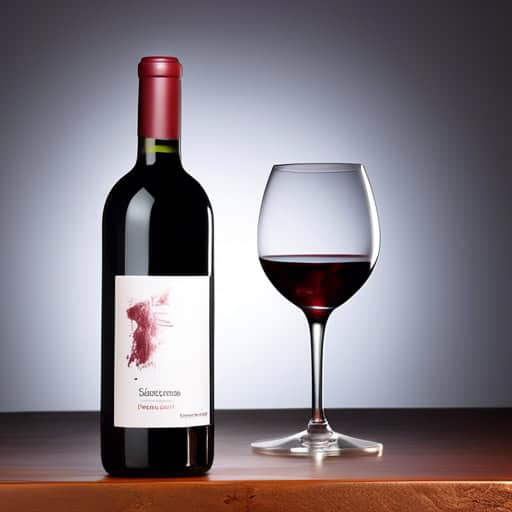
- The reduction in oxygen during the winemaking process can result in a reduction of fruity aromas and flavors in the final product.
- Excessive reduction in wine can also lead to a flat and uninteresting mouthfeel, lacking depth and complexity.
- Winemakers often employ techniques such as racking and stirring to reduce reduction and improve the overall quality of the wine.
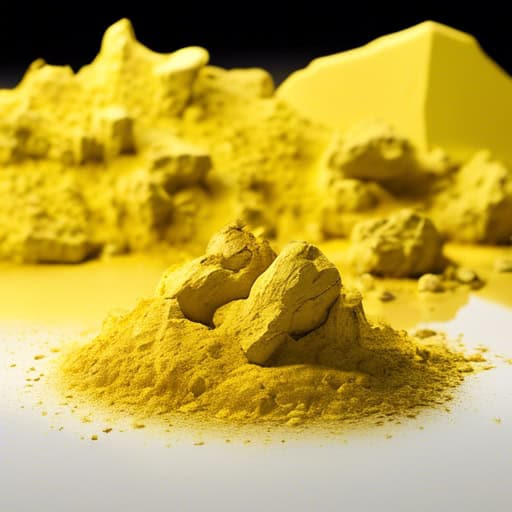
- Sulfur compounds in wine can give off a rotten egg or skunky aroma, affecting its overall taste and quality.
- Winemakers often use sulfur dioxide as a preservative to prevent unwanted oxidation and microbial growth in the wine.
- The presence of sulfur compounds in wine can result in a sharp, unpleasant taste that can be off-putting to consumers.

- The wine exhibited a high level of volatility, with strong notes of nail polish remover and vinegar on the nose.
- Winemakers often strive to control volatility during fermentation to ensure a more balanced and pleasant aroma profile in the finished product.
- Consumers should be wary of wines with excessive volatility, as they can indicate quality issues or poor storage conditions.
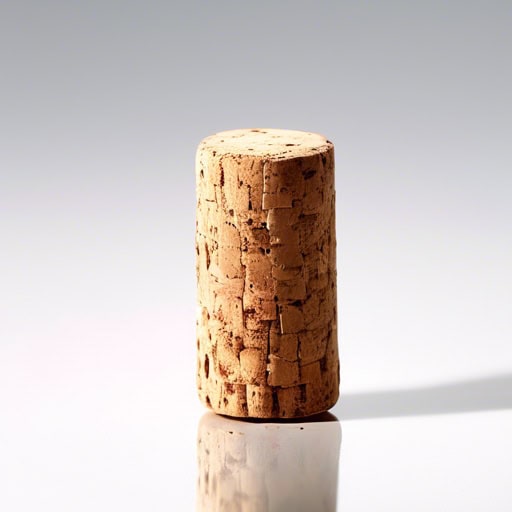
- The sommelier immediately detected cork taint in the wine, much to the disappointment of the diners.
- The winemaker was devastated to find that several bottles from the latest batch had been affected by cork taint.
- After years of aging, the expensive bottle of wine was opened only to discover it was ruined by cork taint.
Quick Facts
- Wine tasting involves evaluating the flavors and aromas of wine through a systematic process of smelling, tasting, and observing the wine.
- Professional wine tasters, also known as sommeliers, undergo rigorous training to develop their palate and ability to discern different characteristics in wine.
- Wine tasting events often involve blind tastings, where participants are given wine samples without knowing the type or brand, to test their ability to identify different wines.
- One of the key aspects of wine tasting is the concept of terroir, which refers to the specific geographical location where the grapes are grown and how it influences the flavor of the wine.
- Wine tasting can be a subjective experience, as individual preferences and taste buds play a significant role in how a person perceives the flavors and qualities of a wine.
